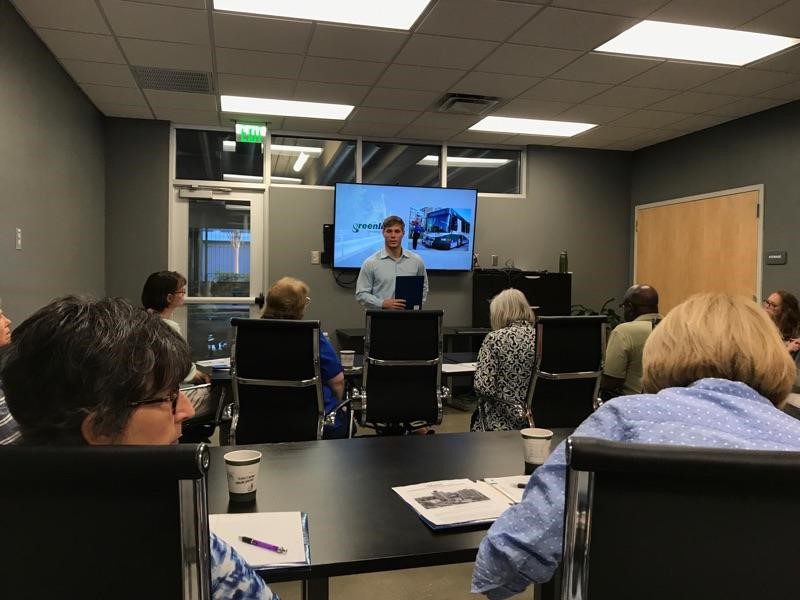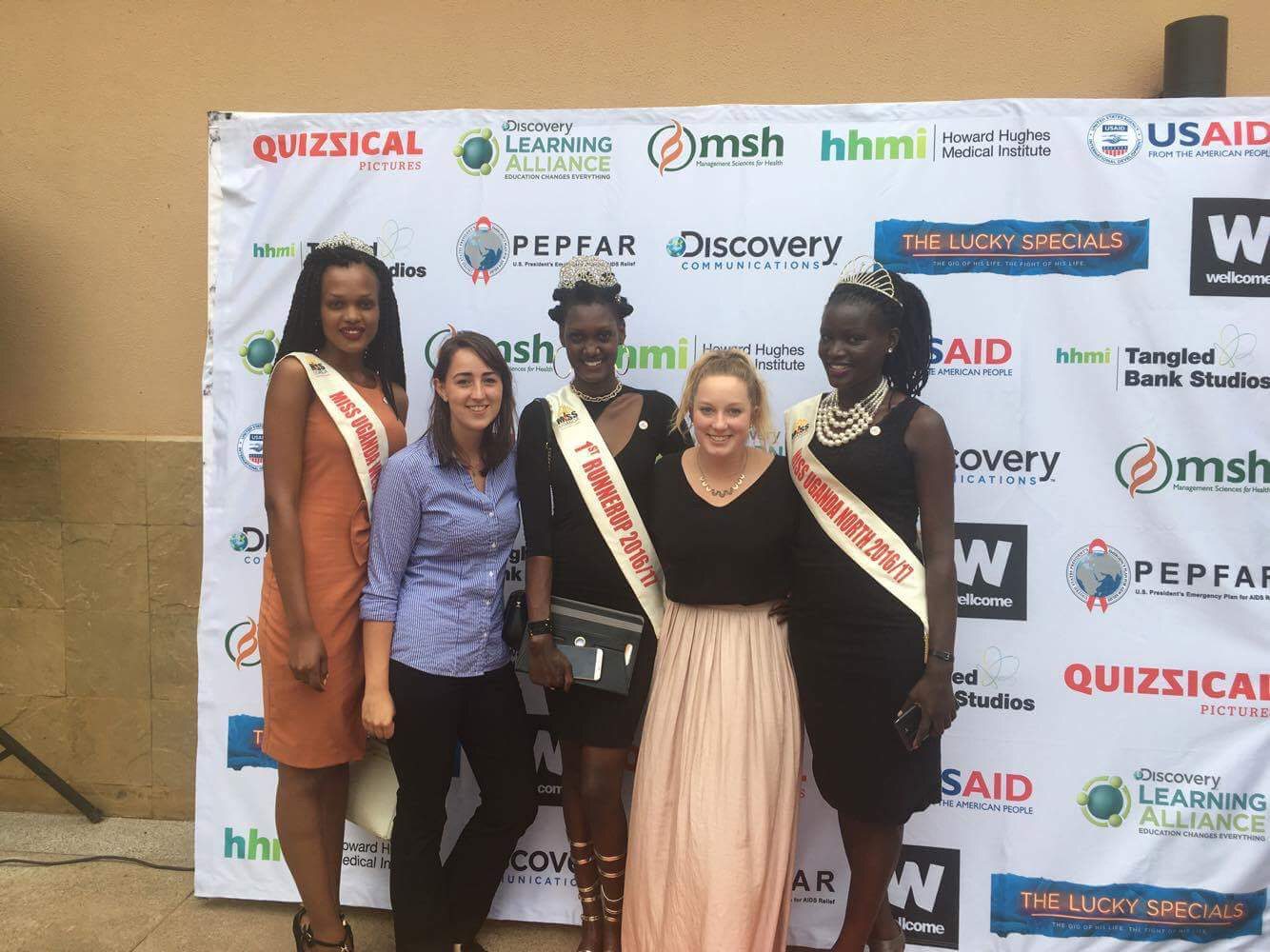The bigger picture

Working in Africa on healthcare policy gave Katharine Olson ’18 a more comprehensive understanding of the world she hopes to enter from the medical side.
“And it really solidified that I have a very big interest in helping underserved populations,” she said.
Olson is one of the first nine students who will graduate from Furman next spring with a public health major.
Public health focuses on population health – improving the health of a community, whether on a local scale or a national scale. While medicine treats individuals clinically, public health zooms out to look at risk factors, education and policies.
“It’s a bigger, broader step back, although both of them are obviously critical to the health of a community,” said Natalie The, associate professor of health sciences. The new major has been in the works since The started teaching at Furman in 2011.
The said the major is a response to both to the demands of the field and the demands of student interest. And the formation of Furman’s Institute for the Advancement of Community Health in 2016 fueled both interest and the possibilities for better community engagement.
The field of public health has exploded since The finished her undergraduate degree at Furman in 2003.
“There’s an increasing realization that there is this need beyond physicians and nurses,” she said. “How can we improve health from a different angle?”
Three new faculty members with expertise in public health came on board in fall 2016 and allowed for expanded course offerings to create the new major.
Sean Rusnak ’18 is majoring in public health and political science. He plans to pursue a career in either environmental law or hospital administration. Rusnak said the diversity of curriculum offerings allows students to virtually create a concentration within the major.
“Based on what you want to do after Furman, you can choose your path in those electives,” he said.
Olson, a self-described “foreign-service brat,” has lived in Africa and plans to pursue a medical career that also will encompass foreign aid work. The public health major coupled with her biology major makes her a stronger candidate. Classes such as epidemiology, global health and the history of western medicine help her understand how the science plays out in real world situations.

Katharine Olson, second from right, attends the premier of The Lucky Specials, a movie about TB and HIV, funded in part by the The President’s Emergency Plan for AIDS Relief. Olson worked in Uganda last summer on the policy side of PEPFAR’s work.
The public health major includes a capstone experience–similar to an internship – the summer before senior year. The following semester, students take a seminar course to evaluate what they’ve learned.
The capstone projects are not simply shadowing. Students have to be involved in the work.
Rusnak worked with the Piedmont Health Foundation on an advocacy project for public transportation in Greenville. His work included a funding report, Greenlink field trips and listening sessions with officials.
Rusnak, a Greenville native, had never set foot on a city bus before. Now he’s an avid proponent of the benefits for the entire community and wants to help people understand the shoestring budget holding it all together.
“They’re making gold out of hay over here,” he said.
His summer experience developed into an internship that will continue through the rest of his senior year.
“While I do love classroom experiences, I really enjoy my time out working, being in the real world,” he said.
Olson spent the summer in Uganda, working with the U.S. State Department to monitor and evaluate the efficiency and effectiveness of HIV prevention efforts in the country. She spent time in high-level meetings and visited clinics to observe how money was spent and services were delivered.
“It exposed me to a lot of different sides of public health that I had never been exposed to before and had never even thought of before,” Olson said.
In the capstone seminar, the students are comparing their summer experiences and processing all they’ve learned through projects as varied as data analysis on lead exposure, grief studies and social enterprise in Thailand.
“The breadth of experiences is really fun to hear about every day,” Rusnak said.
Because the major has such a small cohort, the students can work frequently as a full group. The said each student brings a unique perspective and value to the conversations. Rusnak and Olson are a good example, with their complementary interests in policy and biology.
Put them together to work on a problem and “you can see how that would synergistically work,” The said. It’s a model they’ll be part of for the rest of their careers in public health.
The program is designed to infuse academic work with real-life urgency. Class discussions take place in the context of the real-time political climate as it relates to health, social determinants of health and cultural implications.
The faculty “are attuned to those issues,” Rusnak said.
The said students with undergraduate degrees in public health typically go on to graduate school and then might work for state or local organizations (such as a health department), non-profit organizations, major agencies (such as the Centers for Disease Control) or in academia.
“Health isn’t this simple thing that we can fix by treating people when they’re sick,” The said.